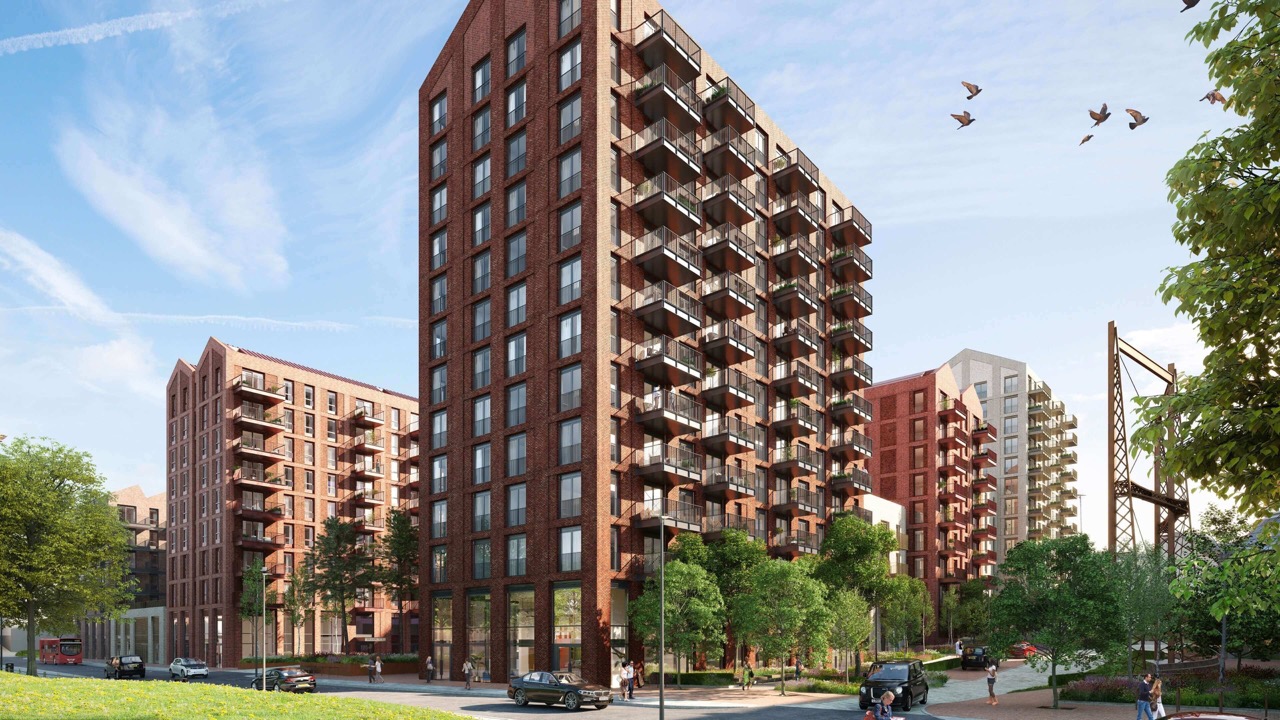
For property investors in the UK, the decision between Airbnb (short-term rentals) and long-term rentals depends on several factors, including income potential, regulations, and management requirements. While short-term rentals can generate higher nightly rates, they come with more operational demands and regulatory hurdles. Here’s a detailed comparison to help you decide which strategy is more profitable in 2025.
1. Income Potential: Short-Term vs. Long-Term Returns
The biggest advantage of Airbnb and short-term rentals is the ability to charge higher nightly rates, especially in tourist-heavy locations like London, Edinburgh, and Manchester. However, this must be weighed against potential occupancy gaps and operational costs.
Airbnb Rental Income
✔ Higher nightly rates (£100-£300 per night in prime locations) ✔ More flexibility (owners can adjust pricing based on demand) ✔ Opportunity for peak season premium pricing ✖ Variable occupancy rates (not always fully booked) ✖ Higher cleaning and maintenance costs ✖ More time-intensive management
Long-Term Rental Income
✔ Consistent monthly rent (secure income stream) ✔ Lower maintenance costs (tenants responsible for minor repairs) ✔ Less hands-on management required ✖ Lower rental income potential than short-term lets ✖ More challenging to increase rent mid-tenancy ✖ Long-term tenant vacancy risks
2. Regulations & Legal Considerations
Property regulations differ significantly between Airbnb short-term lets and long-term rentals, with stricter controls in certain cities.
Airbnb Regulations in the UK
- London: Short-term rentals are limited to 90 days per year without a planning permit.
- Scotland: New licensing rules require all Airbnb hosts to register.
- Wales & England: Councils are introducing restrictions on short-term lets.
- Higher taxation: Airbnb hosts may be subject to business rates instead of council tax.
Long-Term Rental Regulations
- Renters Reform Bill (2025): Abolishing Section 21 no-fault evictions.
- Energy Performance (EPC) Requirements: Minimum EPC rating of C for all new tenancies.
- Tenant Protection Laws: Stronger legal protections for tenants compared to Airbnb guests.
3. Management & Maintenance Considerations
The management workload is a key differentiator between Airbnb and long-term rentals.
Managing an Airbnb Property
✔ Requires frequent guest turnover management ✔ Cleaning services after every stay ✔ Need for dynamic pricing strategies ✔ Higher potential for guest-related wear and tear
Managing a Long-Term Rental
✔ Less frequent property turnover ✔ Tenants handle most minor maintenance issues ✔ Consistent income reduces financial planning challenges ✔ Lower marketing and administrative costs compared to Airbnb
4. Which is More Profitable in 2025?
Airbnb is best for:
✔ Properties in tourist-heavy locations (London, Edinburgh, coastal areas) ✔ Owners who can manage frequent guest turnover or hire property managers ✔ Investors seeking higher short-term returns
Long-Term Rentals are best for:
✔ Investors looking for stable, passive income ✔ Properties in suburban or commuter areas where Airbnb demand is lower ✔ Landlords who prefer lower involvement and regulatory risks
Final Verdict: Choosing the Right Rental Strategy
Both Airbnb and long-term rentals offer pros and cons, depending on your financial goals, property location, and management capacity. Short-term lets can be more profitable in prime locations, but long-term rentals provide stability and lower regulatory risks.
Need Help Deciding on the Best Rental Strategy?
Contact TrustPoint for expert guidance on maximizing rental income and navigating UK property regulations!



